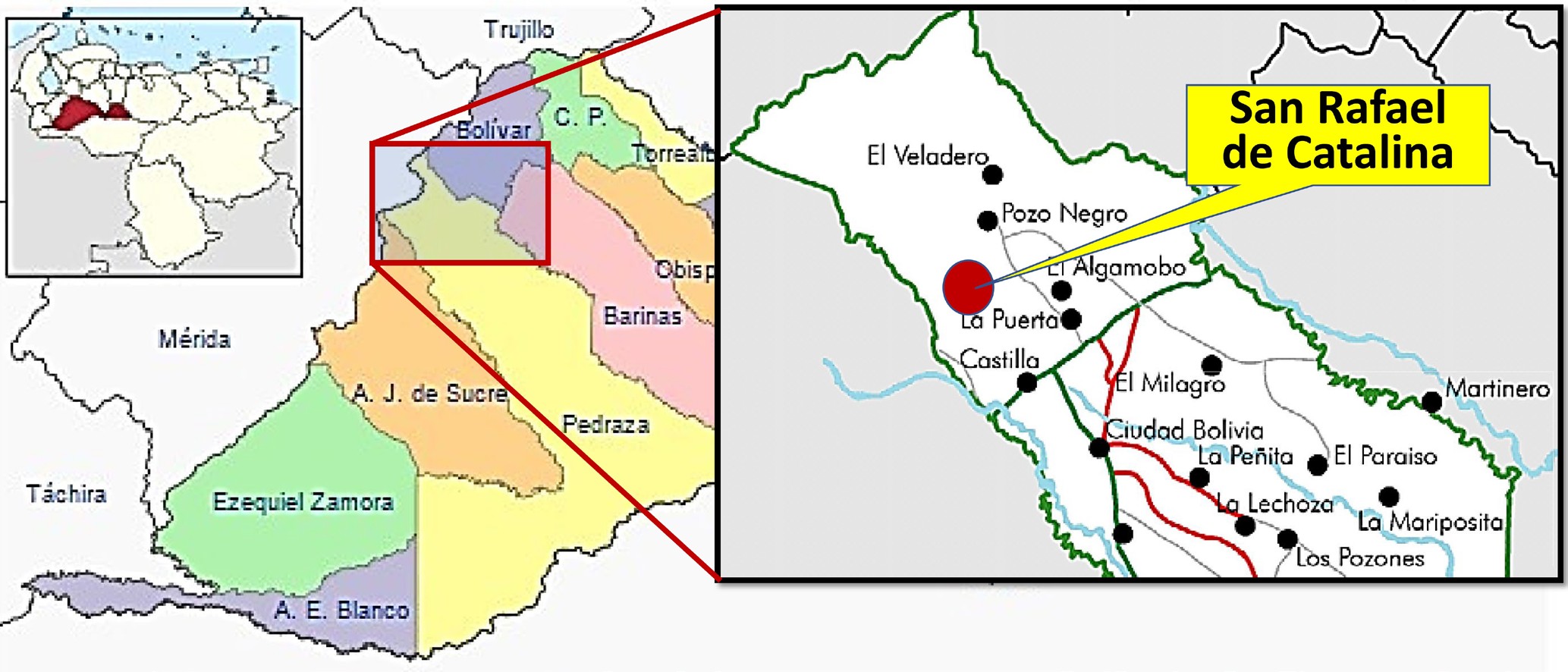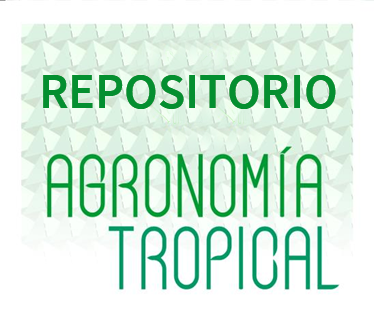Community action in the management of sustainable development of rural territories in San Rafael de Catalina, Pedraza Municipality, Barinas State
Abstract
This research aims to understand community action in the management of sustainable development of territories in San Rafael de Catalina, Pedraza Municipality, Barinas State, during the period 2010-2018. The paradigm is the interpretive phenomenological one, the type of research is with a qualitative approach, using the ethnographic method. As an object of study, this refers to community action and management processes in this search for its development. The applied techniques were participant observation and in-depth interviews with key informants. I applied interview script, field notes as instruments of data collection. This information was processed using triangulation to contrast and interpret what was expressed by the five informants, the theoretical references, and in my experience, through systematic structuring and analysis through the constant comparison method. The emerging findings indicate that the development of the territories has seemed like a very light action in decision-making, but at the same time, it is an alternative to meet the needs of its inhabitants through the participatory planning tool. However, these community and institutional management and interaction processes generate such a complex synergy, related to multidimensional factors and mechanisms that interfere in these processes, resulting in an experience and a wealth of knowledge for future entrepreneurships that contribute to achieving the sustainable integral development of territories for the benefit of a group.
Downloads
References
-González, F; Villegas, M. 2010. Fundamentos epistemológicos en la construcción de una metódica investigación. Actos de pesquisa en Concacao - PPE/ME FURB 4(1):89-121.
-Habermas, J. 1971. Teoría de la Acción Comunicativa. Editorial Taurus. Madrid, España. p.137.
-Hurtado, I; Toro, J. 2007. Paradigmas y métodos de investigación en tiempos de cambios. Editorial CEC, S.A. Caracas: Vol. I (6):54.
- Leal, N. 2015. La Triangulación en investigaciones sociales y educativas: Orientaciones generales. Venezuela. VII (14):67.
- Max-Neef, M. 1986. Economía descalza. Señales desde el mundo invisible. Colección pensamiento descalzo. p.19.
-Menizábal, N. 2011. Los componentes el diseño flexible en la investigación cualitativa. Estrategias e investigación cualitativa, Vol. II, Caracas, Venezuela. p.105
- Nieves, F. 2011. La gestión social (en línea). Consultado12 ago. 2019. Disponible en https://bit.ly/3Cp8Izs
- Sepúlveda, S. 2012. Gestión del Desarrollo Sostenible en Territorios Rurales: Metodología para la Planificación. San José de Costa Rica. IICA. p.147.
- Strauss, A; Corbin, J. 2002. Bases de la investigación cualitativa. Técnicas y procedimientos para desarrollar la teoría fundamentada. Facultad de enfermería, Universidad de Antioquia. Colombia. p. 80.
- Vasilachis de Gialdino, I. (2005). “El aporte de la Epistemología del Sujeto Conocido al estudio cualitativo de las situaciones de pobreza, de la identidad y de las representaciones sociales”, Forum: Qualitative Social Research 8(3). Disponible en: https://bit.ly/2X1nGeL
- Weber, M. 1974. Economía y Sociedad. Fondo de Cultura Económica. México. p. 21.
- Xicará, M. 2014. Participación y empoderamiento en la planificación de desarrollo local “Estudio comparativo de las formas de participación ciudadana de las comunidades indígenas de Guatemala (2002-2012)”. Tesis doctoral: Instituto de Gobierno y políticas públicas. Doctorado en políticas públicas y transformación social. Universidad Autónoma de Barcelona, España. p. 310





